7 Questions from “Who is God”
This past Sunday, the third episode of Morgan Freeman’s show The Story of God as aired on the National Geographic Channel. The third episode dealt with how God is understood to be in various cultures and religions. Again, I am profoundly surprised at how well this show has been made. The show has not attacked any particular worldview, as I feared that it would. Rather, the show has taken a fairly neutral position while evaluating some major topics. This episode was no different. The third episode dealt with the issue “Who is God?” This article will seek to answer 7 questions that were raised during the show from a Christian perspective.
- Is there one God or several gods?
By sheer necessity, there is only one ultimate uncaused cause. If there were several gods or goddesses, one would have to ask “How did such a number of gods arise?” It seems to me that one would be forced to accept a first uncaused cause. While it is possible to accept a multiplicity of gods and goddesses, it makes better sense to accept that only one God exists. Why? Well, I think Thomas Aquinas answers this well. Aquinas states,
“When the existence of a cause is demonstrated from an effect, this effect takes the place of the definition of the cause in proof of the cause’s existence. This is especially the case in regard to God, because, in order to prove the existence of anything, it is necessary to accept as a middle term the meaning of the word, and not its essence, for the question of its essence follows on the question of its existence. Now the names given to God are derived from His effects; consequently, in demonstrating the existence of God from His effects, we make take for the middle term the meaning of the word ‘God.’”[1]
From sheer necessity, only one God must exist. Thus, God could manifest himself in several ways, but in the end, there is but only one God.
- How does one connect to God?
If by connecting, one means relating to God, then one can connect with God in various ways. Morgan Freeman is right when he notes that it is sometimes difficult to relate to a transcendent God. However, God has given us means to relate to him. One way people connect with God is through prayer. Prayer is a means by which we can communicate with God and a way that God communicates with us.[2] Another way a person connects to God is through the written Word of God. The Scriptures are God’s revelation to all humanity. A third way a person can connect with God is through the intellect. A person can connect with God by learning more about God. Fourth, a person can connect with God through nature. As the psalmist notes, “the heavens declare the glory of God, and the sky above proclaims his handiwork” (Psalm 19:1).[3] Lastly, a person can ultimately connect with God through a relationship with Christ. When one receives Christ, the Bible tells us that the believer is filled with the Holy Spirit of God (John 14:15ff).
- Has God revealed himself to several people throughout the world?
There is but only one ultimate truth. However, this is not to say that God has not been trying to reveal himself to various peoples throughout the world. Solomon writes that God “has made everything beautiful in its time. Also, he has put eternity into man’s heart, yet so that he cannot find out what God has done from the beginning to the end” (Ecclesiastes 3:11). So, I am not saying that all religions are the same. Such is not logically possible. However, I feel it is quite possible that God has been trying to reveal himself throughout all of history. Ultimately, the full revelation came through Jesus of Nazareth, the “only begotten Son of God” (John 3:16).
- How do we know what’s divine?
Only God is truly divine in the purest sense. However, human beings are made in the image of God (Genesis 1-2). Thus, human beings bear the mark of divinity (although we are not divine). But in fact, all things bear the mark of God in reality because “All things were made through him, and without him was not anything made that was made” (John 1:3). So, only one person is truly divine (God), yet all things bear the imprint of the divine as God created all things.
- Can we imagine God?
In a way, yes. In a way, no. I think Norman Geisler puts it best. Geisler notes that “Although God can be apprehended, He cannot be comprehended.”[4] Paul writes, “For we know in part and we prophesy in part, but when the perfect comes, the partial will pass away” (1 Corinthians 13:9). Thus, we cannot say that we know everything about God. If we could, we would be God.
- Does God indwell us?
We all bear the image of God (Genesis 1:26). However, God indwells each person who receives Christ as Savior. This person is known as the Holy Spirit.
- Can we experience God?
Yes! Absolutely we can! We experience the blessings of God every day. However, the only way to fully experience God is through a relationship with Christ Jesus. See also the answer to the second question.[5]
Much more could be said about God. In reality, the third episode of Freeman’s documentary as well as this article has focused more upon how humanity knows God. Such a knowledge of God is called revelation. God has revealed himself both through natural revelation (available to all) and special revelation (delivered to those of faith). If a person has not experienced God, it is highly advised that the person seek God and ask God to reveal himself.
Notes
[1] Thomas Aquinas, Summa Theologica I.2.2., in Thomas Aquinas, Summa of the Summa, Peter Kreeft, ed., Fathers of the Dominican Province, trans (San Francisco: Ignatius Press, 1990), 59.
[2] Some individuals have argued that God does not communicate with a person through prayer. With all due respect, I have found such arguments greatly lacking. God has spoken to a vast array of individuals in the Bible through the means of prayer (e.g. Habakkuk, Job, Elijah, Isaiah, and so on). To claim that God cannot speak to a person in prayer discredits the power and personal nature of God. However, I agree that one should always “test the spirits” (1 John 4:1) to ensure that one is truly hearing from God.
[3] Unless otherwise noted, all Scripture comes from the English Standard Version (Wheaton: Crossway, 2001).
[4] Norman Geisler, Systematic Theology: In One Volume (Minneapolis: Bethany House, 2011), 529.
[5] Also, check out the discipleship program Experiencing God by Henry Blackaby, Richard Blackaby, and Claude V. King.

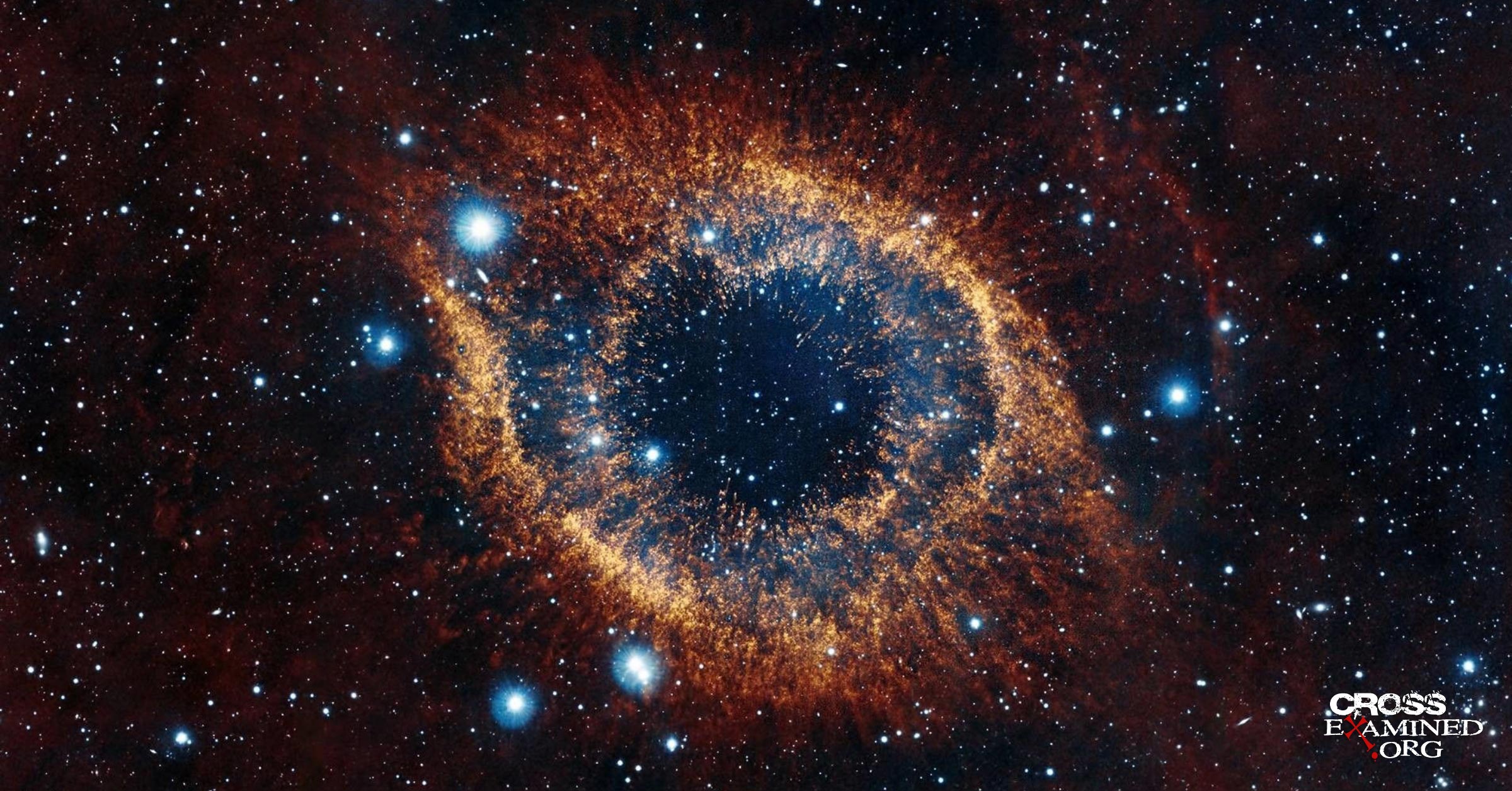

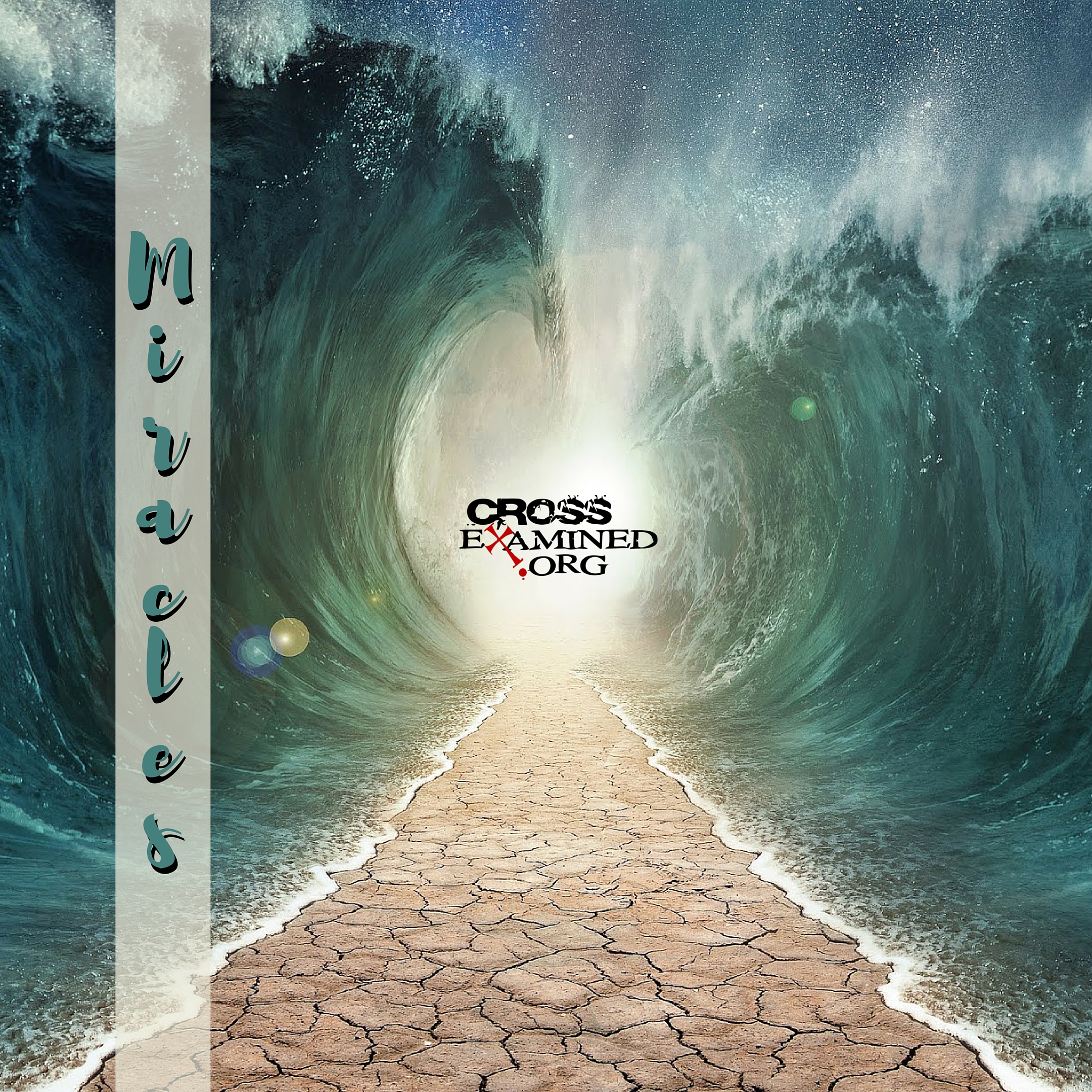


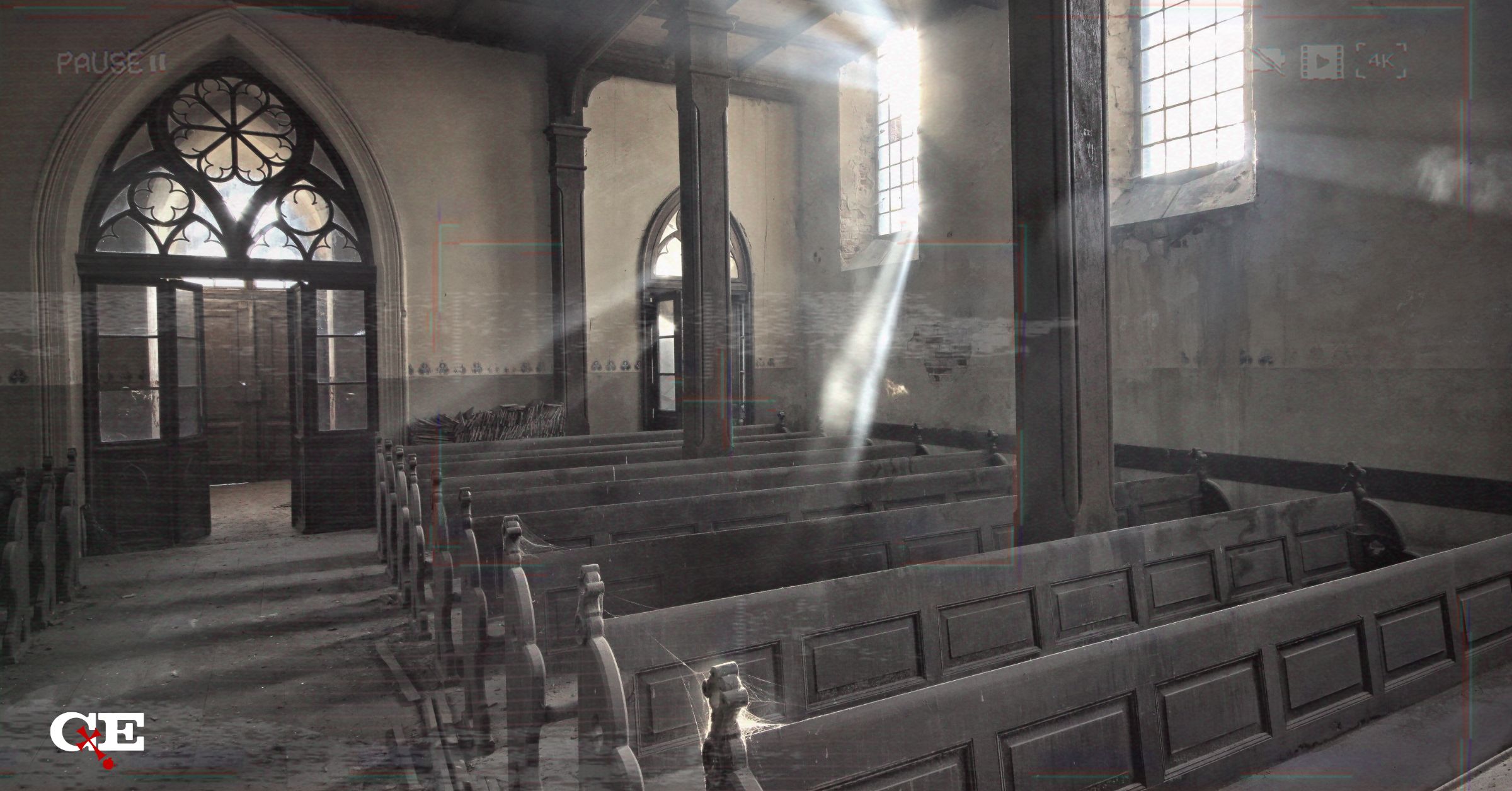



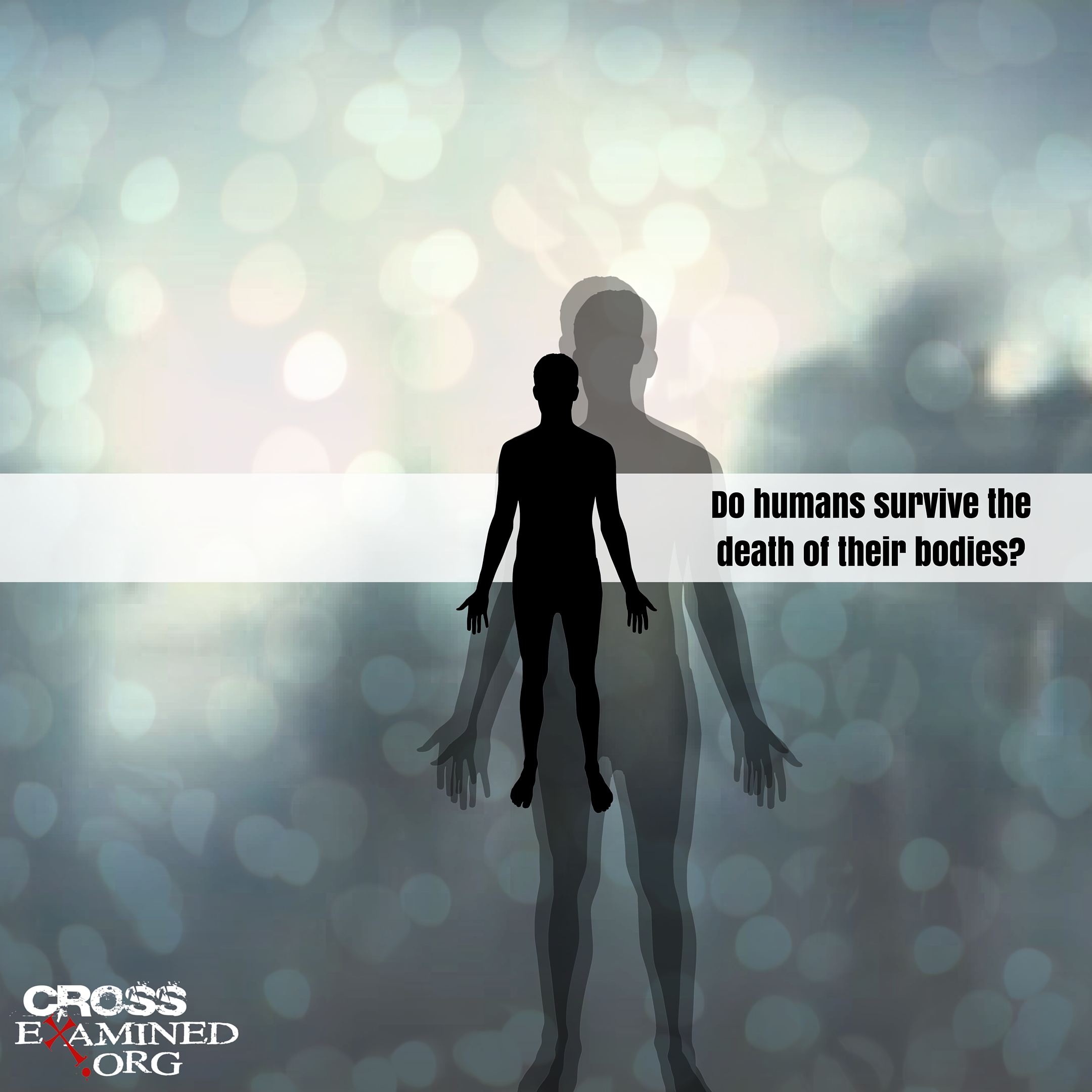
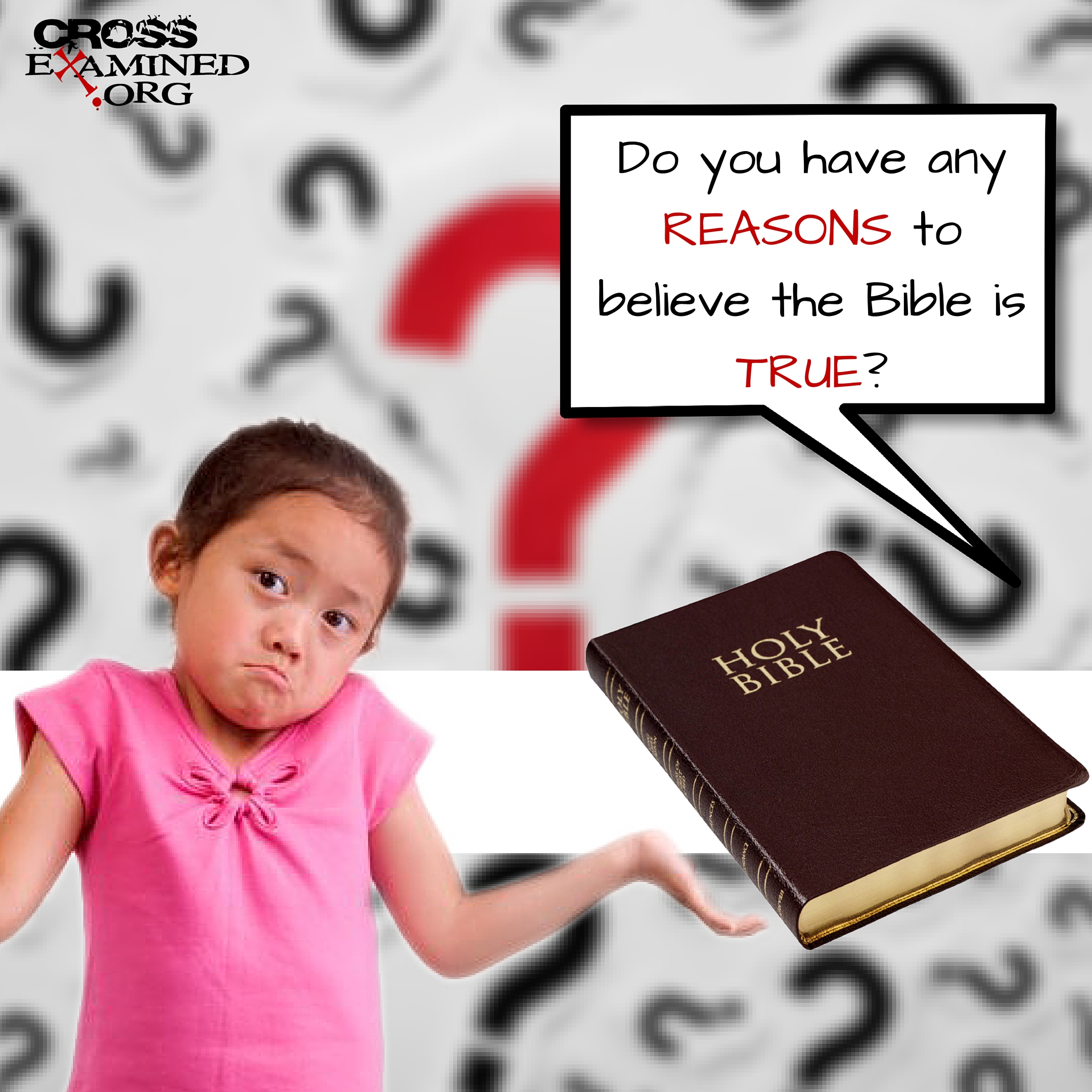
Leave a Reply
Want to join the discussion?Feel free to contribute!